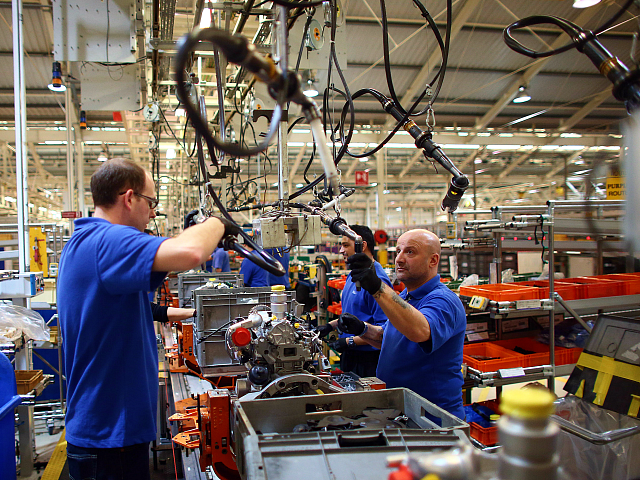More than three-quarters of Britons want the interests of the UK workforce to be put ahead of employers seeking cheap labour from overseas.
According to Deltapoll, 77 per cent of respondents to a survey said they think British businesses should prioritise workers already in the UK in an effort to get people back to work following the coronavirus lockdown. Just eight per cent said that it should be “easier to bring in employees from abroad” (15 per cent “don’t know”).
The replies came in response to the pollster asking whether Britons agreed with the statement: “With record numbers of people unable to work as usual, the government should ensure that employers prioritise getting British workers back to work instead of making it easier to bring in more employees from abroad.”
The results suggest that the government is widely out of step with its post-Brexit Immigration Bill, which would scrap the Resident Labour Market Test. The test is a benchmark that employers have to meet to prove that there were no suitably-qualified candidates already in the United Kingdom before opening up vacancies to international competition. The rules, similar to many around the world, protect the British job market for UK workers.
Britons now face the prospect of losing that protection after millions being furloughed due to coronavirus and after already seeing cheap EU labour, thanks to Free Movement, depressing wages for years.
Greening: Unlimited Global Work Permit Scheme Would Hurt UK Workers When They Need Protecting Most https://t.co/W1yg8xDhSs
— Breitbart London (@BreitbartLondon) May 22, 2020
Alp Mehmet, chairman of Migration Watch UK, said in comments seen by Breitbart London: “With unemployment claims already at two million and rising, the public are virtually united in wanting the interests of the UK workforce to be put first.
“It is not too late for the government to rethink its immigration plan so that, when the crisis is finally behind us, British workers will have the first shot at new vacancies.”
The importance of thinking about how the jobs economy will reopen now is underlined by the way the UK recovered after the 2008 market crash. While companies in many cases started hiring again quite quickly, it was often cheaper migrant labour that got the obs first, while British workers experienced a much slower recovery. As Migration Watch’s Alp Mehmet noted earlier this month: “Ministers and MPs must remember that, following the 2008 financial crisis, it took six years for the number of UK-born workers to regain its pre-crash level, while the number of workers born abroad increased by more than a million as employers sought out cheaper overseas labour”.
Dr Ben Greening, executive director of Migration Watch UK, wrote for Breitbart London this week that it would be “immoral” to remove those safeguards for workers, especially at a time of rising unemployment.
Both the mass-migration-sceptic think tank and Brexit Party leader Nigel Farage have warned that the new Immigration Bill could result in an increase in immigration even after EU Free Movement is ended as the Tories had not built in a cap on numbers.
Migration Watch UK said last week that the bill “could lead to non-EU worker numbers (along with their dependants) going up by between 25,000-50,000 per year and students numbers going up (net) by 20,000-25,000 per year”.
Adding insult to injury to British workers who have been laid off due to the pandemic, one recruitment advertisement for jobs under the government’s “Pick for Britain” farm scheme — meant to encourage furloughed workers to take up picking fruits and vegetables — demanded applicants speak Romanian or Bulgarian “fluently”. The job was posted on the government’s website.
‘Pick For Britain’ Farm Recruiter Lists ‘Romanian or Bulgarian’ Fluency as Job Requirement https://t.co/RAo78h8aIx
— Breitbart London (@BreitbartLondon) May 23, 2020

COMMENTS
Please let us know if you're having issues with commenting.